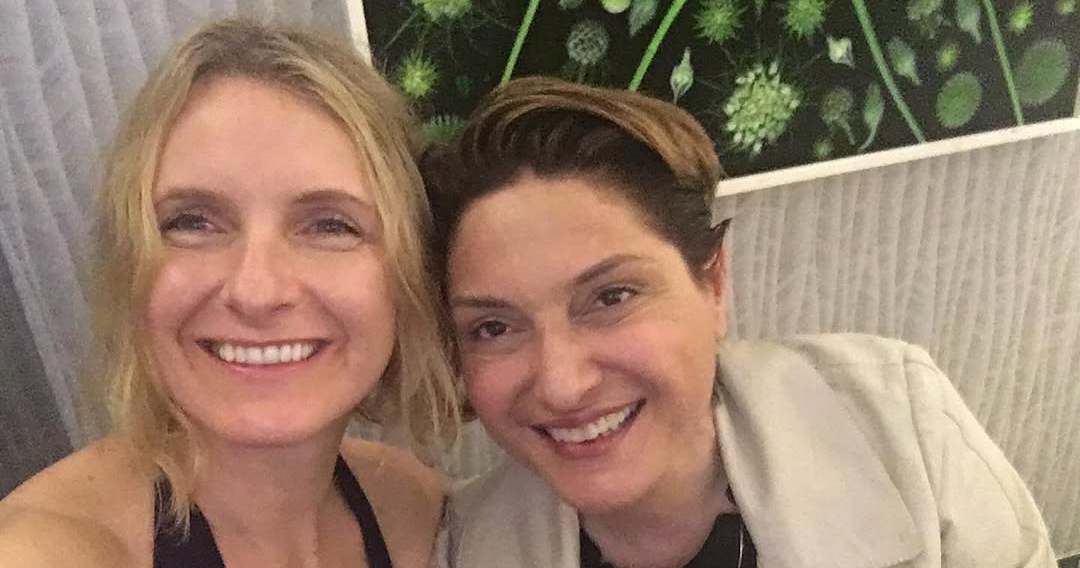The bestselling author of Eat, Pray, Love is back with a memoir unlike anything she’s ever written before.
Elizabeth Gilbert’s latest book, All The Way To The River, released on September 9, dives into far darker and more unsettling territory than her epic tales of self-discovery — because at its heart, the book centers on addiction, heartbreak, and even a chilling murder plot.
At the center of the story is Gilbert’s relationship with her late partner, musician and writer Rayya Elias, who died from pancreatic and liver cancer in 2018.
Gilbert first announced their relationship in 2016, after ending her marriage to José Nunes, the man she famously met during her Eat, Pray, Love journey.
Jelly Roll Cries Over Daughter Bailee’s Mother’s Drug Addiction Struggle
At the time, she described walking “through this cancer journey with her, not only as her friend, but as her partner. I am exactly where I need to be — the only place I can be.”
But behind the heartfelt posts, Gilbert now admits the truth was far more complicated than anyone ever realizes. In All The Way To The River, she reveals their relationship was plagued by addiction and dysfunction.
“Rayya was an unrecovered drug addict, and I was an unrecovered codependent,” Gilbert writes. “And so it is not surprising that … both of us scurried to hide the truth from ourselves, each other, and the world about … how dark our lives had become.”
The shocking discoveries don’t stop there.
From Costars to Lovers! Celebrities Who Cheated With Costars
At one point, Gilbert even confesses she fantasized about killing Elias. “If I could knock her out with sleeping pills,” she writes, “then I could stick a whole bunch of fentanyl patches on her back once she was unconscious, and that would surely kill her.”
She ultimately abandoned the thought when Elias began to suspect that something was wrong.
While this memoir is a far cry from the inspirational tone of Eat, Pray, Love, Gilbert also turns the memoir inward. Throughout the book she admitted she has struggled with her own addictive tendencies — not to substances, but to love itself. She describes herself as a “romantic obsessive” since childhood, with patterns of unhealthy attachment that followed her into adulthood.















































































































